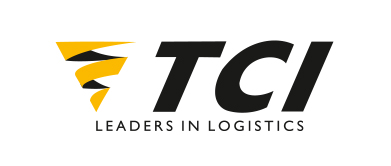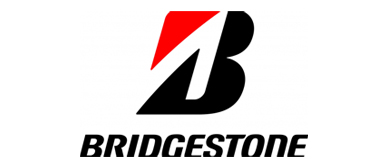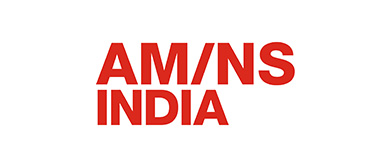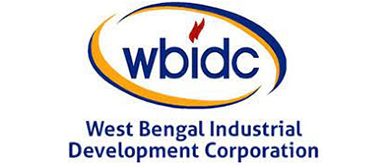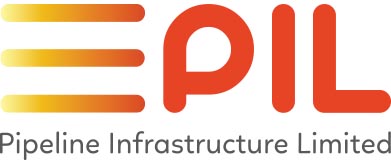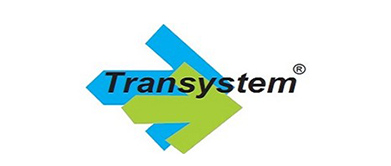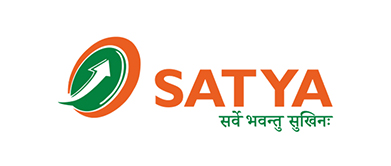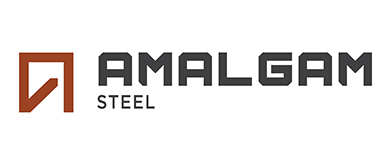

The COVID-19 pandemic has exposed adversities of significant dependence on external trade supplies to support domestic manufacturing. Moreover, disruptions in the global value chain severely impacted indigenous manufacturing value chains, in some cases almost irrevocably. These disruptions have raised a fervent clamour to diversify the existing supply chain and causing companies to explore newer options for sourcing and manufacturing. For India, it would generate a host of opportunities to enter the $1-trillion manufacturing base for domestic consumption and shape its global manufacturing value chain for exports.
India is a stable and growing economy supported by an enabling investment environment. It also boasts of a young, skilled and productive workforce, competitive cost of operations, adaptability to new technologies and a substantial domestic consumption market base. Hon'ble Prime Minister of India has laid out a vision of a 'Self-reliant India' which will help the country position itself as a global manufacturing hub in the post-pandemic era. To strengthen the domestic ecosystem, the Government has introduced a production-linked incentive (PLI) scheme in vital sectors to encourage growth in investment in the country and boost exports.
To become the alternate manufacturing destination for the world, India needs to build upon cost-competitiveness by strengthening its logistics-infrastructure such as highways, ports, airports and create a robust supply chain ecosystem for manufacturing businesses. To optimise the opportunities, India has announced 25 champion industry sectors that will help integrate the domestic industry globally.
With the Prime Minister's vision for Make in India, the strategic integration of the national supply chain network can boost the share of manufacturing in real GDP to 25 per cent while taking direct employment generation to about 33 per cent. The private sector needs to identify key business segments with significant scope for localisation and substantial opportunities for exports. The need of the hour is to develop a network of local suppliers and build inhouse capabilities that can be augmented to meet global demand. National supply chain network can help to boost domestic manufacturing, consequent employment generation, enhance Indian exports and transform India from being consumption-driven to being investment-driven.
Sectors such as electronics, chemicals, pharmaceuticals, industrial machinery, plastics and automotive parts, where India already enjoys tremendous equity globally, can be prioritised for development to attract the first wave of migrating supply chains.
To take our efforts further, ASSOCHAM is organising three days virtual meet under the road them “Global Value Chain Meet: Backward & Forward Integration” on 24th to 26th August 2021. The broad objective of the meet deliberates on different enablers of global integration and offer exclusive sectoral sessions along with suppliers-buyers networking, to better understand the global sourcing requirements in a post-pandemic world.
